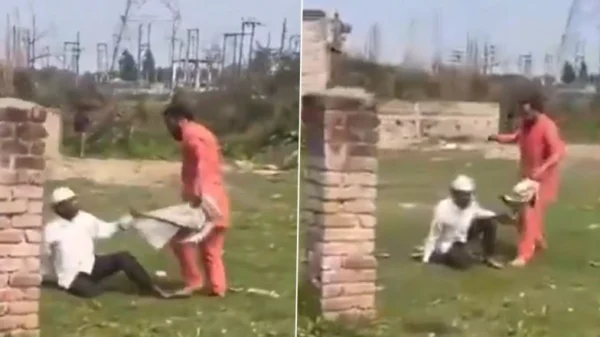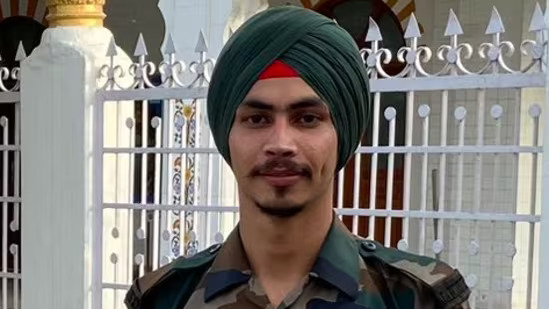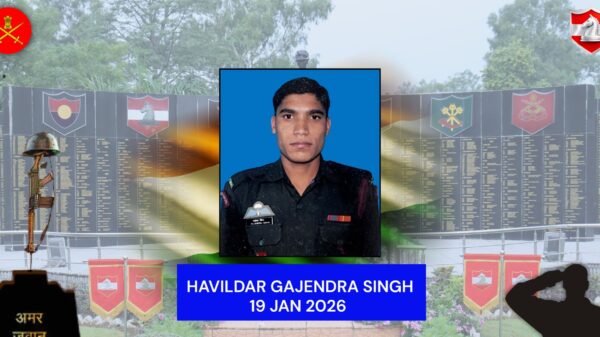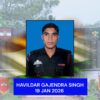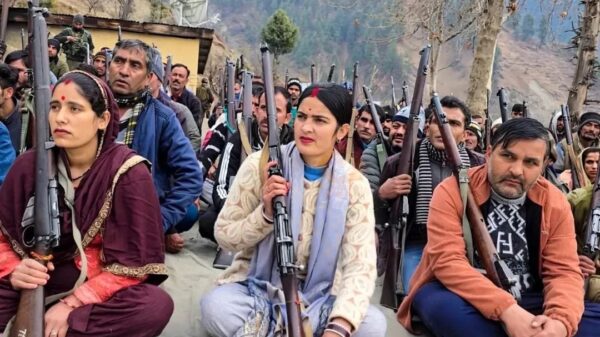The Indian Army has officially confirmed that the death of Agniveer Amritpal Singh, who died during sentry duty in the Rajouri Sector on October 11, was indeed a case of suicide. This disclosure has ignited a massive controversy in Punjab, with widespread protests over the absence of a guard of honour at the soldier’s funeral.
The Army has also acknowledged the presence of “misunderstandings and misrepresentations” surrounding the circumstances of Amritpal Singh’s death.
An official statement by the Army released on Sunday expressed deep regret, stating, “It is a grave loss to the family and the Indian Army that Agniveer Amritpal Singh had shot himself.” The Army further said that it does not differentiate between soldiers who enlisted prior to or after the implementation of the Agnipath Scheme concerning entitled benefits and protocols.
The controversy emerged after opposition protests in Punjab demanded that Amritpal Singh be accorded a Guard of Honour at his funeral. In response, the Army clarified its stance, stating, “The cause of death being a self-inflicted injury, no guard of honour or military funeral was provided, in accordance with the existing policy.”
The Army pointed out that “Unfortunate instances of death arising out of suicide/self-inflicted injury, irrespective of the type of entry, are accorded due respect by the Armed Forces along with deep and enduring empathy with the family. Such cases, however, are not entitled to Military Funerals as per the extant Army Order of 1967.”
Statistics reveal a concerning trend, with an average of 100 to 140 soldiers taking their lives every year since 2001, often due to suicide or self-inflicted injuries. In these cases, the military does not provide a military funeral but offers financial assistance to the bereaved family in line with their entitlements.
Punjab Chief Minister Bhagwant Mann weighed in on the matter, pledging support for the soldier’s family. In a statement on social media, he said that his government would provide ₹1 crore to the family of the late soldier, adding that their policy would remain unchanged, despite the Army’s position on military funerals.






